
Peripheral Neuropathy in Hands: Causes, Symptoms, and Treatment Options
Peripheral Neuropathy in Hands: Causes, Symptoms, and Treatment Options
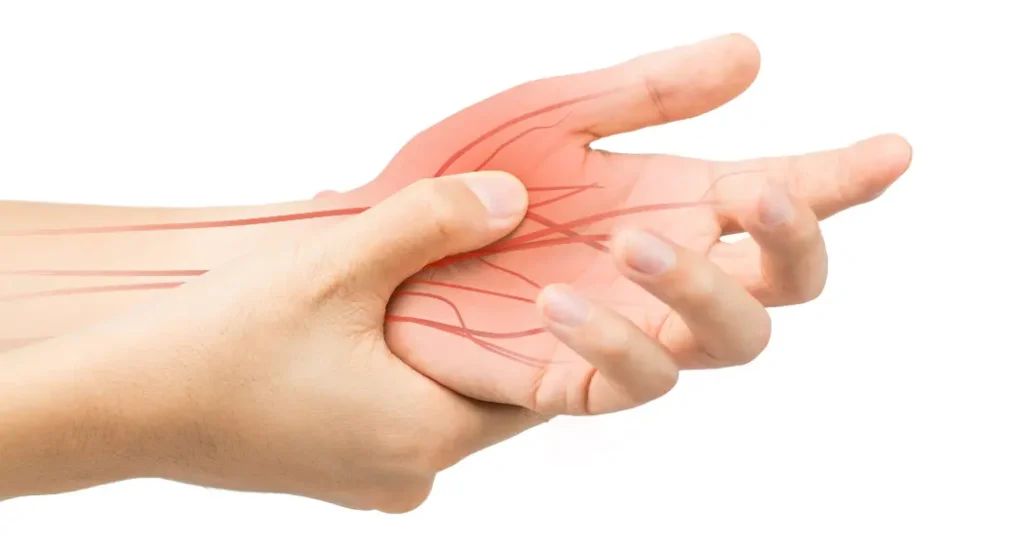
Peripheral neuropathy is a condition involving damage to the peripheral nerves, often affecting the hands and feet. This nerve damage can lead to a range of uncomfortable and sometimes disabling symptoms such as tingling, burning sensations, numbness, weakness, and reduced sensitivity. In most cases, it begins gradually in the fingertips and may spread to the hands, arms, or even legs.
While peripheral neuropathy often develops slowly, some forms can progress rapidly, making early detection and treatment essential for a better prognosis.
Common Causes of Hand Neuropathy
The causes of neuropathy in the hands are diverse and may stem from both medical and lifestyle-related factors. Here are some of the most common causes:
1. Diabetes
One of the leading causes of peripheral neuropathy is uncontrolled diabetes. Over time, high blood sugar levels can damage the nerves, particularly in the extremities like the hands and feet.
2. Alcohol Abuse
Chronic alcohol consumption can lead to nerve damage by disrupting the absorption of essential nutrients and directly harming nerve tissues.
3. Vitamin Deficiencies
Vitamin B12 deficiency is a well-known contributor to nerve damage. A lack of essential nutrients impairs nerve function and repair.
4. Carpal Tunnel Syndrome
This condition occurs when the median nerve is compressed at the wrist, leading to pain, tingling, and numbness in the hand. It’s one of the most frequent causes of localized hand neuropathy.
5. Autoimmune and Neurological Disorders
Conditions like Guillain-Barré syndrome, lupus, and thyroid disease can trigger immune responses that mistakenly attack healthy nerve tissue.
6. Medications and Cancer
Certain medications, especially chemotherapy drugs, can have neuropathy as a side effect. Some types of cancer can also directly or indirectly cause nerve damage.
7. Trauma or Injury
Physical injuries, repetitive stress, or inflammation around the nerves in the hands can result in nerve compression and long-term damage.
Why Neuropathy Affects Hands and Feet
Peripheral neuropathy often targets the distal parts of the body, like fingers and toes, because these areas have smaller nerve branches that are more vulnerable to damage. As the condition progresses, it can impact daily life by causing pain, reduced dexterity, and an increased risk of injuries or infections.
Treatment and Symptom Management
Although peripheral neuropathy can’t always be reversed, its progression and symptoms can often be managed effectively. Early diagnosis plays a key role in preventing severe complications.
Treatment Options Include:
-
Blood sugar control in diabetic patients
-
Vitamin supplementation (especially B12)
-
Medications for pain relief, such as anticonvulsants or antidepressants
-
Physical therapy to maintain strength and mobility
-
Lifestyle changes, including reduced alcohol intake and improved nutrition
-
Wrist splints or ergonomic adjustments for carpal tunnel syndrome
When to See a Doctor
If you experience persistent tingling, numbness, or pain in your hands, consult a healthcare provider. Identifying and treating the underlying cause early can significantly improve outcomes and reduce long-term damage.
News in the same category


There’s an “Emperor’s Acupoint” on Your Foot! Rub It 30 Times Morning and Night to Activate Blood Circulation from Head to Toe

2 Types of Fruits That Cancer Cells “Love” – What You Need to Know

7 Warning Signs of Cancer: Don’t Ignore the SOS Signals Your Body Is Sending You!
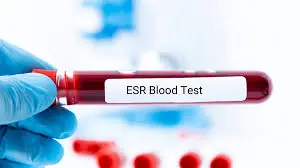
What Is an ESR Test? Understanding the Erythrocyte Sedimentation Rate and Its Role in Detecting Inflammation

‘Ghost Boy’ Martin Pistorius Regains Awareness After 12 Years—Reveals He Was Conscious All Along

Hospice chef reveals the one comfort food most people ask for before they die

Parents Who Feared COVID Allegedly Confined Children at Home for Years

Common Symptoms of the New Covid-19 Variant
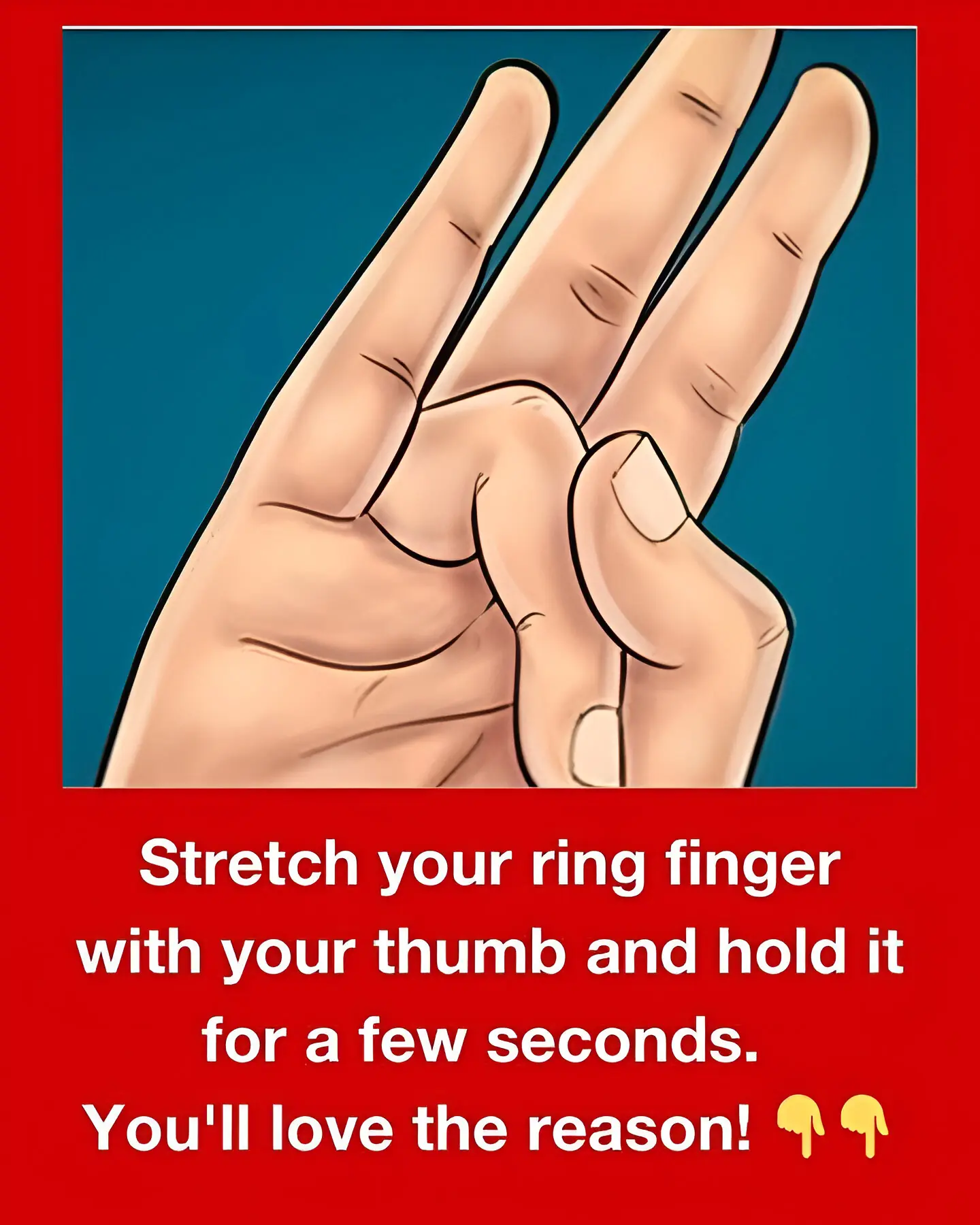
The Power of Gyan Mudra: Benefits and How to Practice It

How Can You Tell If Someone Has a Blood Clot? Doctor Says People With Blood Clots Often Show 4 Symptoms During Sleep

Shocking Discovery: 95 Gallstones Removed From a 40-Year-Old Woman – Doctors Urge “Stop This Eating and Sleeping Habit Immediately”

Why Is Liver Cancer Often Detected Late? Warning Signs: If You Notice 2 Smells, 2 Itches, and 2 Redness Symptoms, Get Screened Early

Woman Battling Advanced Colon Cancer Shares Unlikely Symptom That Didn’t Affect Her Digestion

22-year-old tiktoker goes viral for not washing her face for 7 weeks in a new ‘skincare routine’
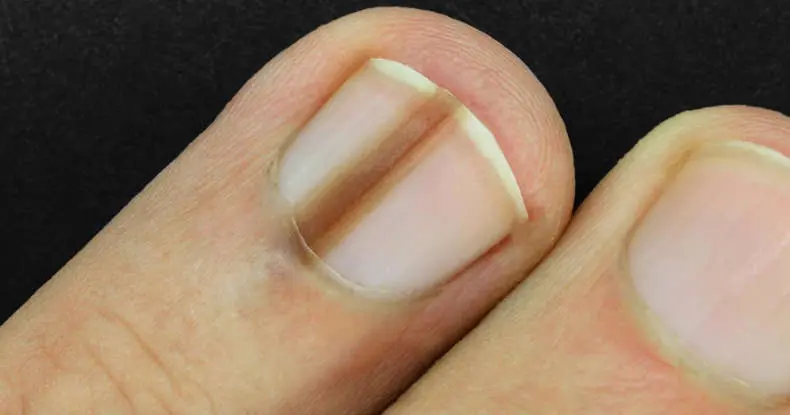
Viral Photo Sparks Cancer Concern After Man Shares Dark Line on Finger

The Hidden Dangers of Intermittent Fasting: What Happens During a 36-Hour Fast?

New Study Reveals Strong Genetic Link Between Endometriosis and Immune Disorders
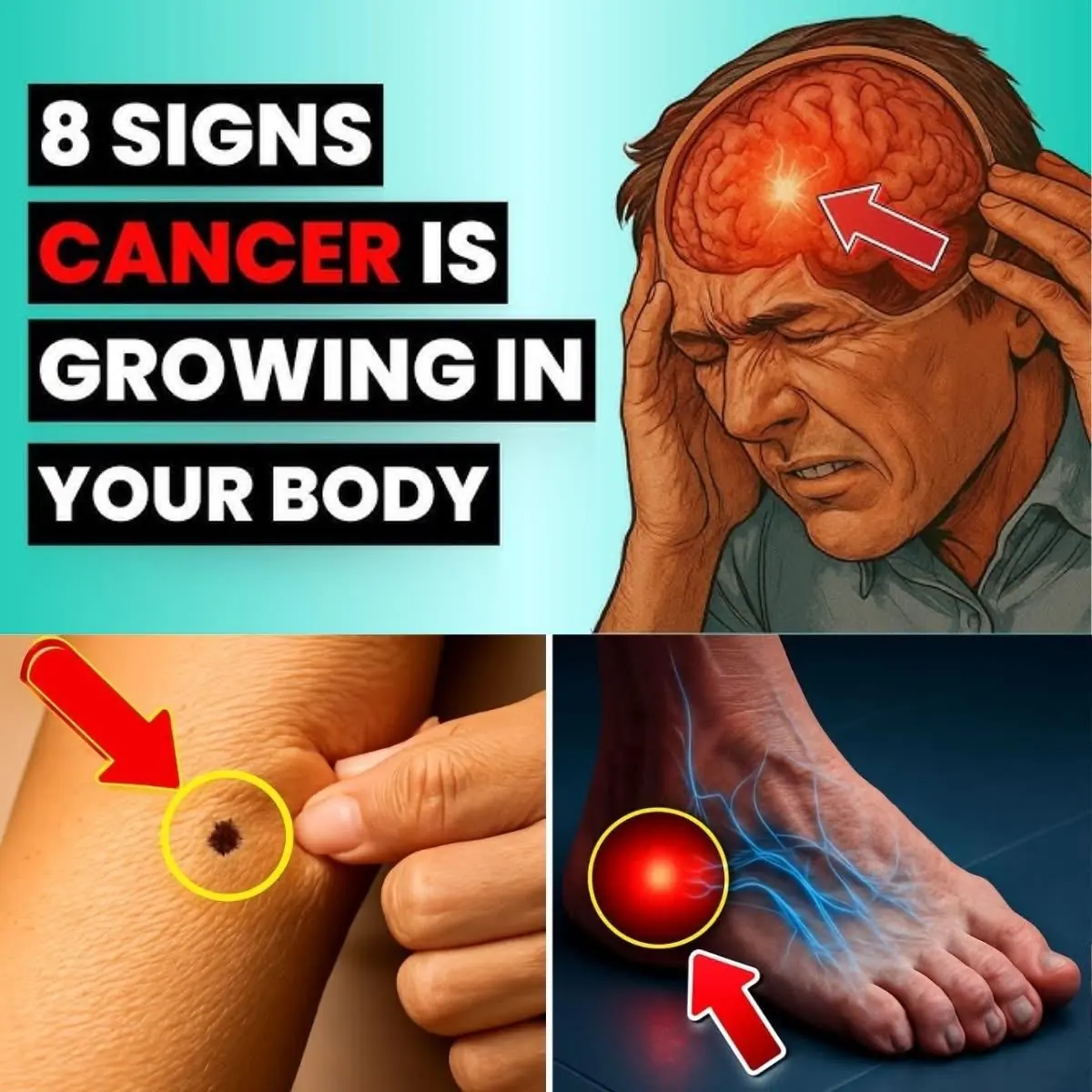
20 Early Signs Your Body is Fighting Cancer
News Post

My Stepdaughter Was Locked up in a Closet During My Wedding Ceremony – We Were Shocked to Discover Who Did That to Her and Why

My Parents Chose My Sister Over My Wedding — So My Best Man Put Them on Blast

Flight Attendant Woke Me Up & Told Me to Check My Husband's Bag While He Was Away — I Never Expected What I Found
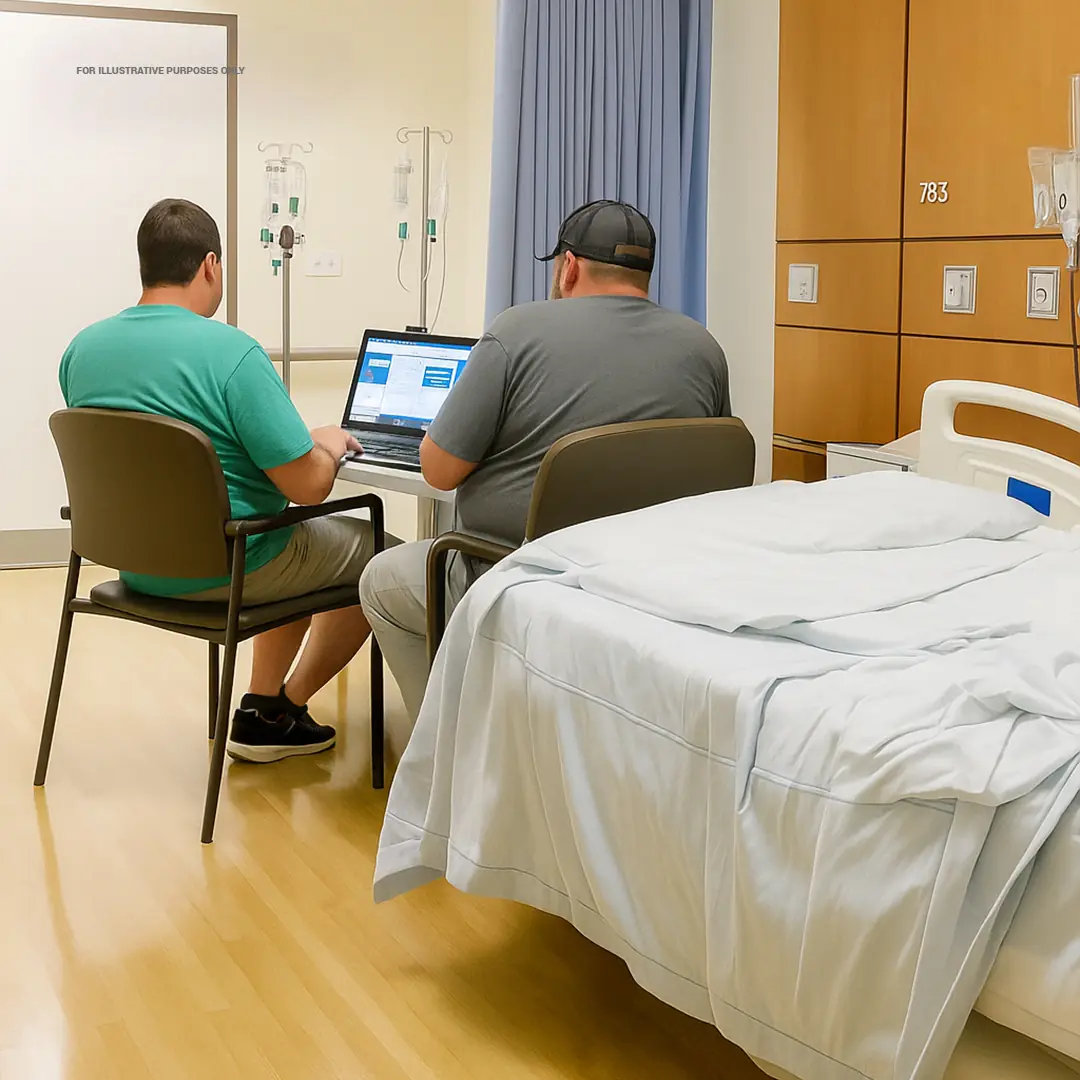
My Husband Brought an Xbox to the Delivery Room and Invited His Friend Because He 'Didn't Want to Be Bored While I Was in Labor'

I Found Tickets in My Husband's Old Jacket and Filed for Divorce the Next Day

Scientists Baffled By Perfect Sphere Emitting Radio Signals From Deep Space

Meet Borealopelta markmitchelli: The Best-Preserved Dinosaur Fossil Ever Discovered

Is the Multiverse Real? Exploring Scientific Theories and Quantum Clues

Don’t Toss Those Eggshells: 17 Ways to Reuse Them

I ADOPTED A 4-YEAR-OLD BOY—ALL SEEMED PERFECT UNTIL HE SHOWED ME HIS DRAWING

I Went to Visit My In-Laws and Found My MIL Locked in the Attic – I Went Pale When I Found Out Why

I Fired a Single Mom for Being Late—then Found Out Why and Begged for Forgiveness

— This is my apartment! And I’m not going to serve you anymore. Get out! — it was time to teach those rude guests a lesson.

The mother-in-law mocked her son’s wife for a long time until one day she received an eviction notice signed by her daughter-in-law.

Lime, Garlic, Turmeric & Ginger: The Ultimate Natural Booster for Men’s Health 🍋🧄🌿

1 Teaspoon of THIS Instantly Boosts Blood Flow – Doctors Won’t Tell You!

My Grandma Sent Me a Letter Telling Me Never to Visit Again—When I Found Out Why, My Heart Broke in Ways I Can't Explain

Dangers of 36-hour fasting revealed in shocking simulation

There’s an “Emperor’s Acupoint” on Your Foot! Rub It 30 Times Morning and Night to Activate Blood Circulation from Head to Toe
